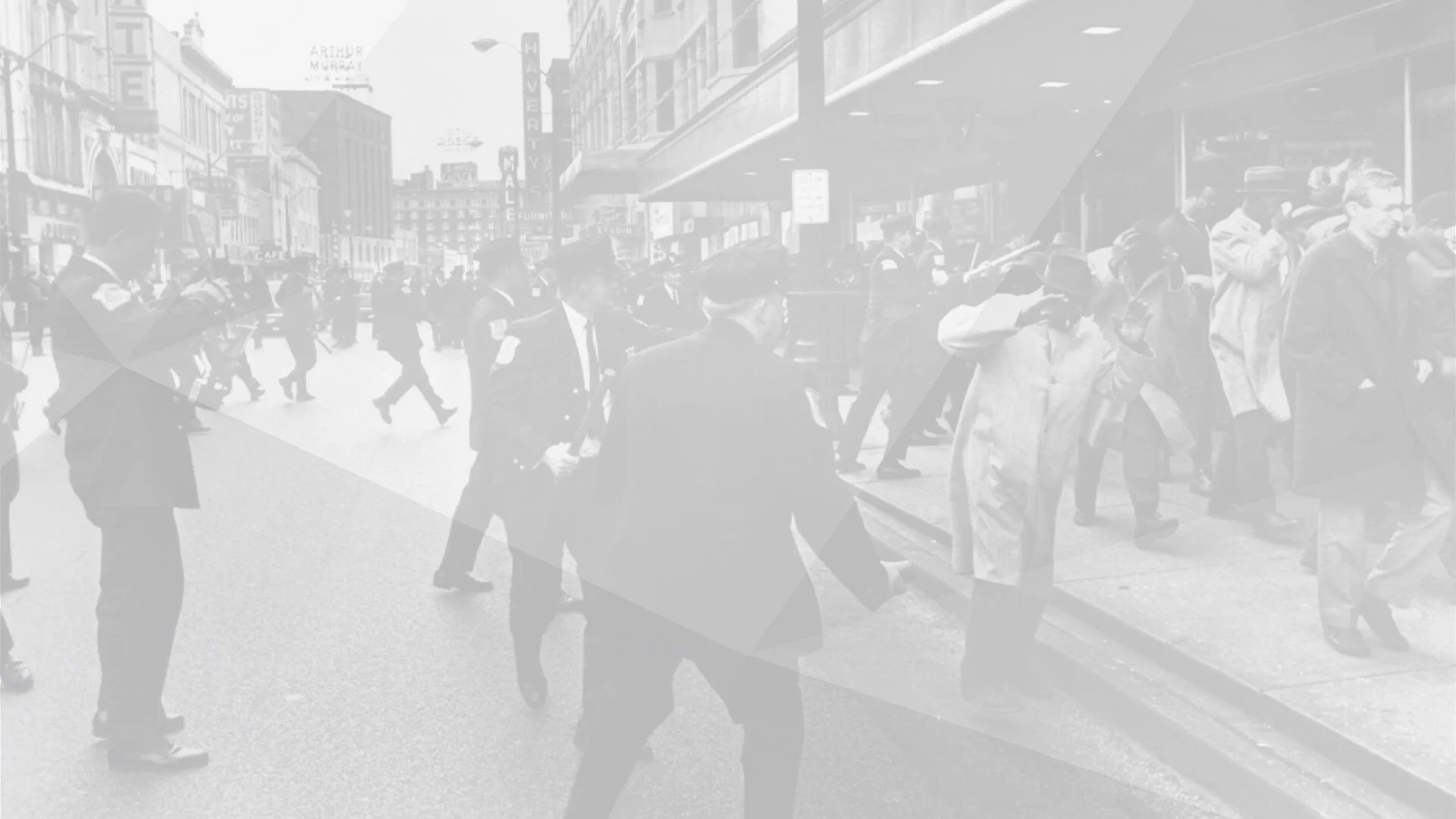Police Associations Are Not Unions
by Dr. Anthony Ratcliff, California State University Los Angeles
Labor Day is much more than just a day to mark the “end of summer” with family gatherings and blockbuster sales. It’s supposed to be a time to commemorate the important contributions of workers to U.S. history. This is especially true when thinking about the role of Black labor in the long Black liberation struggle. Whether we’re talking about the “General Strike” of hundreds of thousands of enslaved Black workers helping to end the Civil War, the vital support for the Harlem Renaissance provided by Pullman Porters in the Brotherhood of Sleeping Car Porters and Maids during the 1920s, or the wildcat strikes of the League of Revolutionary Black Workers during the Civil Rights/Black Power Movements, Black workers have been central to all Black-led social movements for economic, racial, and social justice.
Especially in the midst of the Black Lives Matter movement, it is incumbent upon Black workers and their radical labor allies to take a more central role in the struggle against police violence. One way to do so is by demanding that their labor unions and affiliated organizations express unambiguous support for racial justice, which includes defunding the police and reinvesting those resources directly in Black communities. Equally important, Black labor organizers and racial justice advocates must educate their fellow workers that police associations are antithetical to the interests of working-class people broadly, and Black workers in particular.
Police attacking sanitation workers in Nashville, Tennessee during a strike in 1968
Police associations are not unions. They stand not in solidarity with, but in opposition to working class people. They have always served the interests of the state and capitalists, not the interests of organized labor. Unfortunately, their affiliation with organized labor allows law enforcement to pose as members of the working-class while obfuscating their role as enforcers and upholders of white supremacy, racial capitalism, colonialism, sexism, and the overall oppression of the Black community. Black workers and allies should strongly urge local, county, state, and national labor federations to stand in solidarity with Black people by ending their affiliation with police associations once and for all.
Anthony J. Ratcliff is a tenured Associate Professor in the Department of Pan-African Studies at California State University, Los Angeles. He earned a Ph.D. in African American Studies from the University of Massachusetts, Amherst in 2009. His dissertation analyzed the Pan-African politics of cultural struggle, with particular attention paid to the international dimensions of the Black Arts Movement.
For more information about getting cops out of unions, visit http://www.endpoliceassociations.org.
This essay is a part of the Scholars for Black Lives and Black Lives Matter Grassroots neXus Project.



